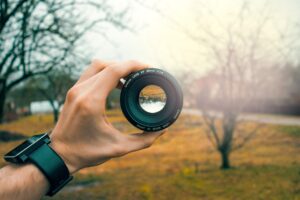Upper Endoscopy Preparation.
Hello, I am Mauricio González, your gastroenterologist and the one who will perform the digestive endoscopy. I’m going to tell you what preparation for an endoscopy is like. The thing is very easy:
You need to Fast for 8 hours
That is, you should not eat anything solid 🍖 or drink any liquid 🥛 8 hours before the exam so that your stomach is empty and you can be examined well and there is no risk of the food going into the bronchi.
That’s why the exams are in the morning so you don’t get too hungry. If you have to take medication you can do it with a sip of water.
If your exam is late in the morning or you can’t stand it, you can have an aromatic drink, a coffee or a small glass of clear juice 4 hours before the exam.
Come accompanied by an adult
After sedation you will be fine and you will walk out but for up to 4 hours you may lose some reflexes and that is why your companion is key to your safety.
You will also need it to fill out the exam authorizations and you never know when you have to ask or tell them something during or after the procedure.
Because of what I told you before, do not come on a motorcycle or drive after sedation. Doing this exposes you to an accident and that is not the idea.
Inform if you have serious health problems
Inform us if you have any delicate health condition or have had problems with sedation in other exams so that we can give you the most appropriate recommendations or take appropriate care.
For example, if you are diabetic and use insulin, schedule your exam first thing in the morning and apply the medicine after the exam. All this so that your sugar doesn’t go down
You are not going to feel anything and here we are going to take care of you
It is normal to be scared, especially when it is the first time we have an endoscopy or if we have had bad experiences in the past.
But our idea is that you are asleep and without discomfort. You’ll see it’s not so terrible 👍.
So cheer up, we’ll almost see each other!

In case you also have a Colonoscopy for that same day see how is prep for colonoscopy
If you have any questions about how is Upper Endoscopy preparation contact us by WhatsApp or call us at 📲 3207571313 or write by WhatsApp
I invite you to learn more about us at endoscopyycolonoscopy.com/en/
We will wait for you,
Mauricio González Hernández
Your Gastroenterologist in Medellín



